The British Graduates Association of Malaysia (BGAM), in partnership with HELP University’s Institute of Crime and Criminology (ICC), hosted a compelling edition of the BGAM Lecture Series titled “Black, White or Grey? Navigating Ethics, Power and Compromise in the War on Corruption.” Held at HELP University’s auditorium in Damansara Heights, the event attracted a diverse audience of professionals, academics, students, and activists, all eager to explore the complex ethical terrain of anti-corruption work.
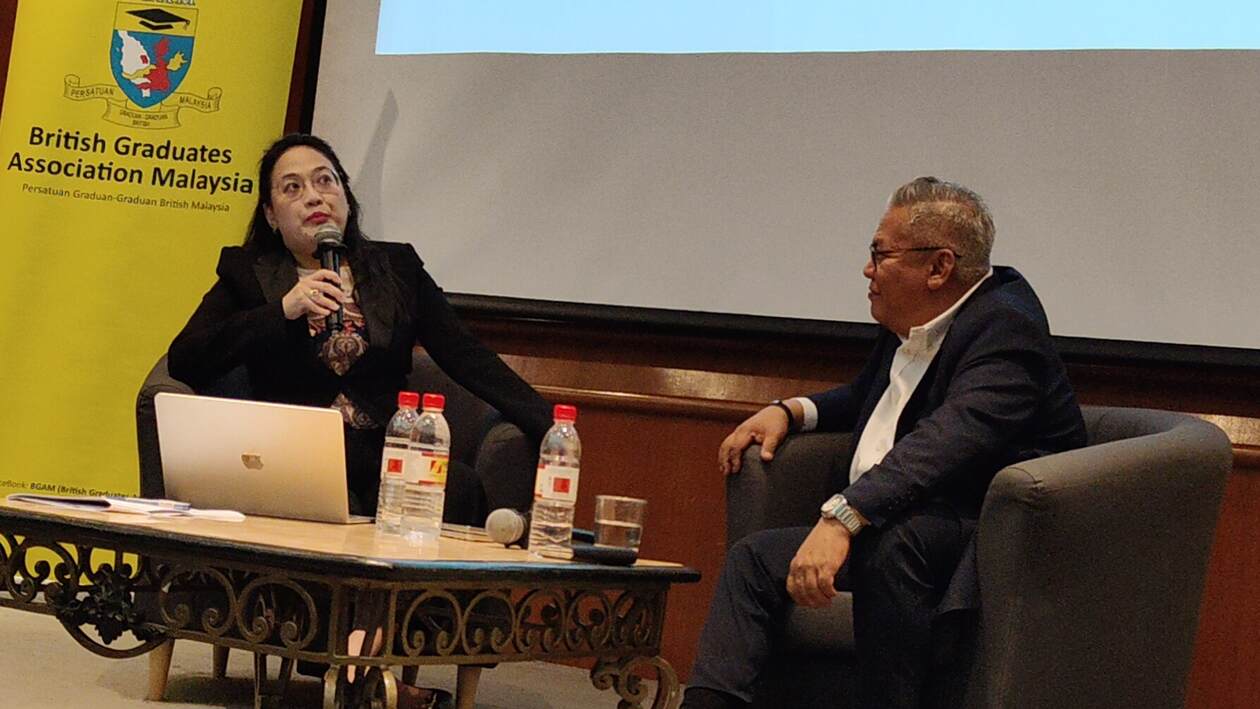
The session began at 10:30 a.m. with registration and a visual presentation, followed by the national anthem Negaraku and a series of opening remarks that set the tone for the intellectually charged discussions to come. BGAM President Datuk Kamarudin reiterated the association’s mission to foster public service values among British-educated Malaysians. “We aim to cultivate integrity and leadership, bridging our alumni community with the needs of the nation,” he said.
ICC Director Dato’ Sri Dr Akhbar Satar, known for his long-standing commitment to transparency, emphasized the need for ethical education and institutional reform. HELP University Chancellor and Co-Founder Professor Datuk Dr Paul Chan went further: “The grey areas in society are where education is most needed,” he asserted, challenging institutions to raise not just capable graduates, but conscientious citizens.
A candid conversation on ethical complexity
The forum’s centrepiece was the keynote address by Datuk Seri Norazlan Mohd Razali, former Deputy Chief Commissioner (Preventive) of the Malaysian Anti-Corruption Commission (MACC). Moderated by Ms. Ooi Suan Kim, barrister of Lincoln’s Inn and adjunct professor at Sunway University, the session was notable for its forthright engagement with issues often cloaked in bureaucratic language or political caution.
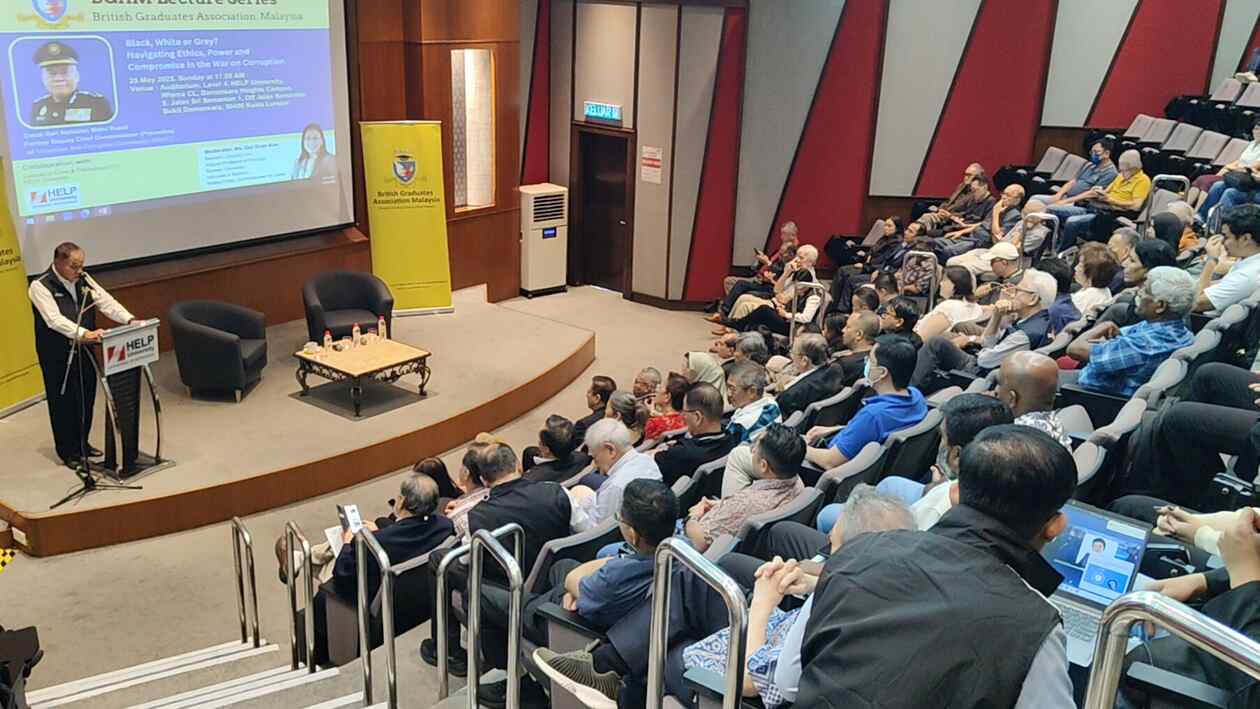
Datuk Seri Norazlan delivered an unflinching examination of the internal and external battles faced by anti-corruption officers. “It is not just about arresting corrupt individuals,” he stated, “but about reshaping a culture—starting from the classroom to the boardroom.” He spoke about the moral ambiguity that enforcement officials often encounter, characterising them as “grey zones” where principles are tested by power structures and systemic inertia.
His framing of corruption as not merely a legal issue but a cultural and ethical one drew audible responses from the crowd, with many nodding in agreement. “Policy is important,” he said, “but courage is critical.” It was a call not just to lawmakers and enforcers, but to every citizen to take responsibility for Malaysia’s moral direction.
Interactive dialogue with public relevance
The forum’s Q&A segment proved equally impactful. Participants raised pointed questions on the limitations of current legislation, the protection of whistleblowers, and the role of the media in exposing corruption. Several in the audience inquired about the extent to which political will influences the success of anti-corruption efforts, prompting Norazlan to underline the necessity of independence in enforcement agencies.
Moderated with grace and incisiveness by Ms. Ooi, the session allowed for a rare level of public introspection on the mechanics of power, compromise, and civic duty. “This was the best anti-corruption forum I’ve ever attended—grounded, unfiltered, and genuinely educational,” said one attendee, echoing the sentiments of many.
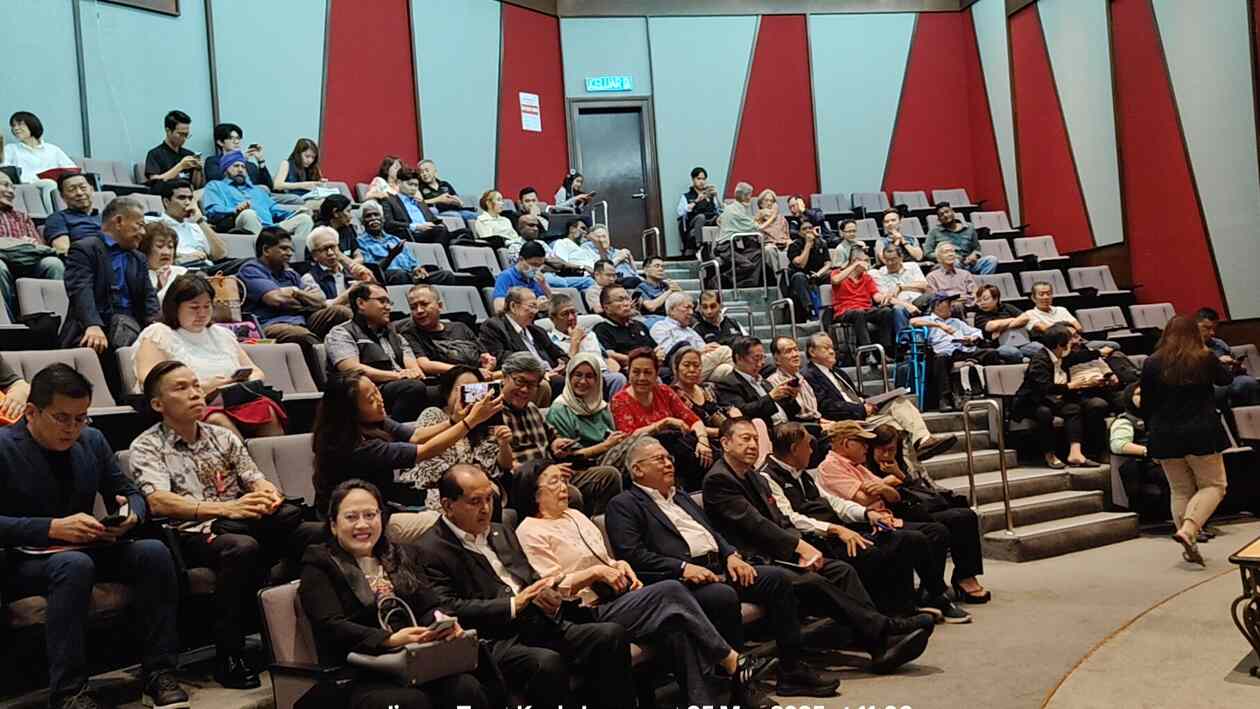
The wide-ranging discussion made it clear that corruption is not a problem confined to any one sector. Rather, it is a societal challenge demanding collective vigilance and an ongoing commitment to reform across institutions, communities, and even families.
A timely platform for change
As the event drew to a close with a group photo and lunch, conversations among attendees continued, energized by the morning’s insights. For BGAM and HELP University’s ICC, the lecture reaffirmed the value of creating intellectually brave spaces where difficult truths can be spoken and new solutions imagined.
In a time when public trust in institutions remains fragile, forums like “Black, White or Grey?” offer more than dialogue—they offer direction. By bringing together experienced voices like Datuk Seri Norazlan with emerging changemakers, the event underscored the importance of intergenerational collaboration in shaping Malaysia’s integrity journey.
As Malaysia continues to grapple with its anti-corruption mandate, such initiatives serve as vital touchpoints for education, inspiration, and, most importantly, action.


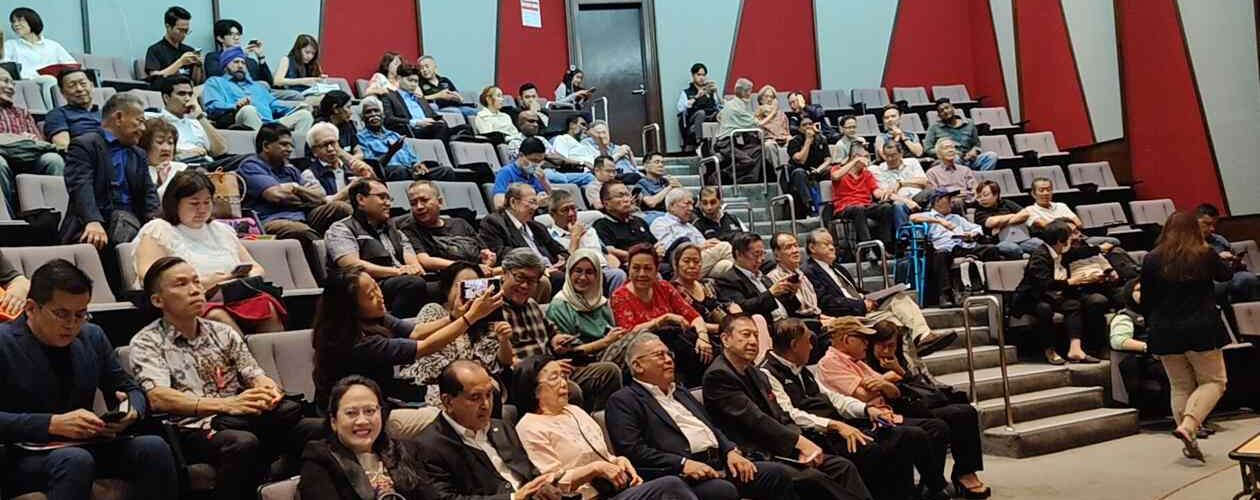


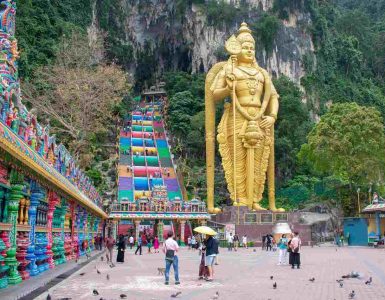




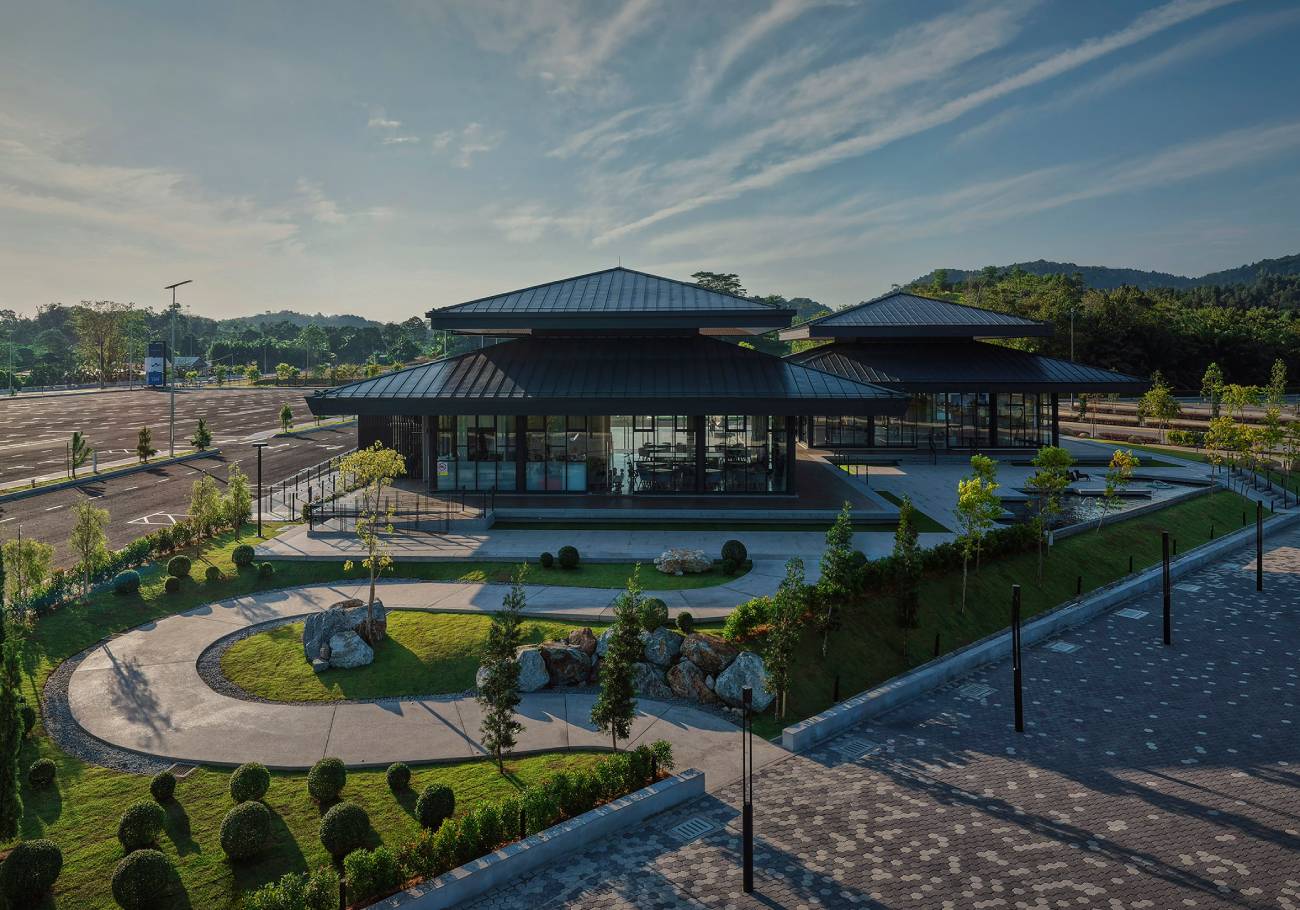

Add comment